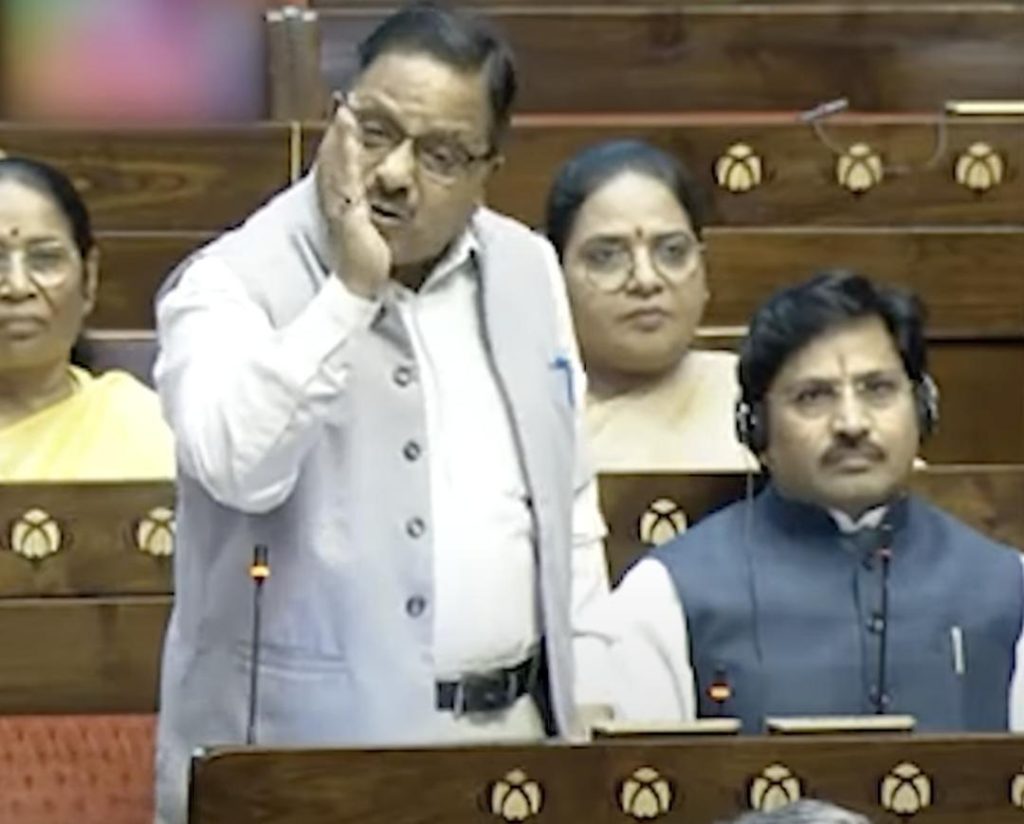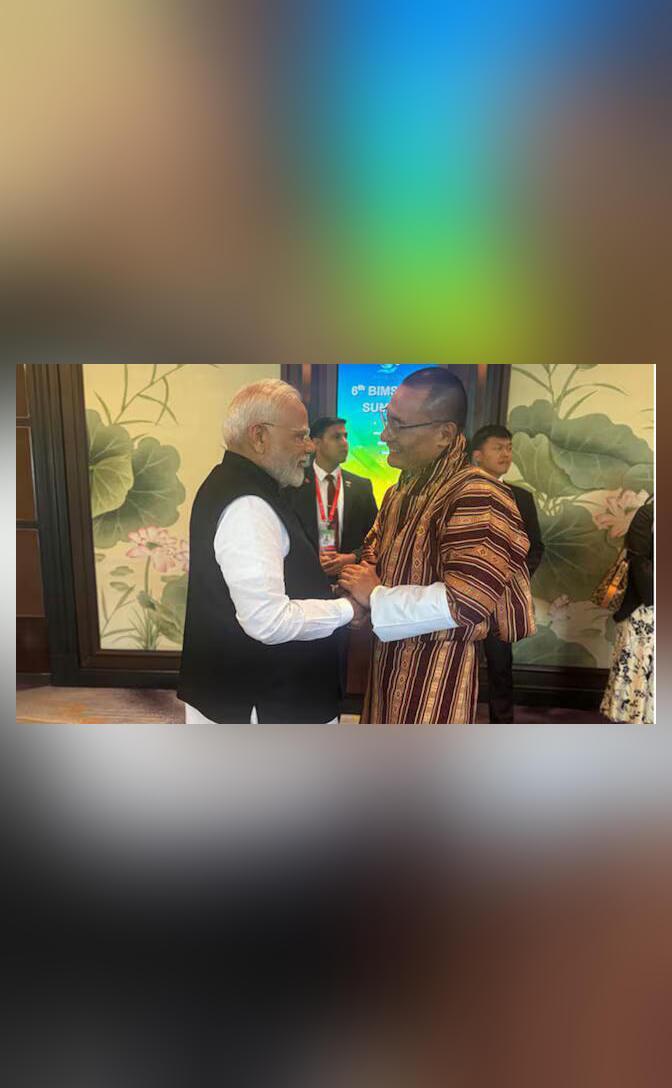
Should I Read Quran and Tell You What’s Written in It: BJP MP Radha Mohan Das on Waqf Bill
The Waqf Bill, aimed at reforming the Waqf Boards in India, has been a topic of heated debate in the country’s political arena. Recently, during the discussion on the bill, BJP MP Radha Mohan Das sparked a controversy by asking if he should read the Quran and tell what is written in it. In this blog post, we will delve into the context of his statement and analyze its implications.
Radha Mohan Das, a member of the Lok Sabha from Ghazipur, Uttar Pradesh, made the comment while responding to the criticism leveled against the Waqf Board’s handling of properties under its control. The Waqf Board, which manages properties left behind by Muslims for religious and charitable purposes, has been accused of mismanaging these properties and not maintaining proper records of their transactions.
Das, while defending the Waqf Board’s actions, brought up a specific verse from the Quran, which he claimed supported his argument. “The Quran says that even if one rupee is given to anyone, there should be a written record,” he said. “And you say you have so many properties without a record.” Das’s statement seemed to suggest that the Waqf Board’s failure to maintain proper records was in violation of Islamic principles.
However, many Muslims and liberal intellectuals have criticized Das’s statement, accusing him of misinterpreting the Quran and using it to justify his own political agenda. They argue that Das’s comment was an attempt to deflect attention from the real issues surrounding the Waqf Board’s mismanagement and instead focus on the supposed “Islamic” nature of the board’s actions.
One of the main criticisms leveled against Das’s statement is that it perpetuates a stereotypical and reductionist view of Islam. By selectively quoting a verse from the Quran, Das is implying that Islam is inherently opposed to the concept of charity or that Muslims are inherently corrupt. This not only misrepresents Islamic teachings but also reinforces harmful stereotypes about Muslims and their faith.
Moreover, Das’s statement has been seen as an attempt to undermine the credibility of the Waqf Board and the Muslim community as a whole. By implying that the board’s actions are contrary to Islamic principles, Das is trying to create a sense of shame and guilt among Muslims, which can lead to a loss of faith and a sense of disconnection from their community.
In reality, the Waqf Board’s mismanagement of properties is a complex issue that requires a nuanced and multifaceted approach. Rather than using the Quran to justify political agendas, Das and other politicians should focus on finding solutions to the real problems faced by the Waqf Board and the Muslim community.
Another issue with Das’s statement is that it ignores the historical and cultural context of the Waqf system. The Waqf system is a centuries-old institution that has been managed by Muslim communities around the world. Rather than viewing it as a purely Islamic institution, it is important to recognize its cultural and historical significance.
In conclusion, Radha Mohan Das’s statement about reading the Quran and telling what is written in it is not only misguided but also harmful. Rather than using the Quran to justify political agendas, Das and other politicians should focus on finding solutions to the real problems faced by the Waqf Board and the Muslim community. By doing so, they can help build bridges of understanding and foster greater cooperation between different communities.
Source:
Note: The source provided is a YouTube link, which appears to be a video clip of the discussion on the Waqf Bill in the Lok Sabha. The exact source of the quote is not specified, but it is likely to be a video recording of the debate.






